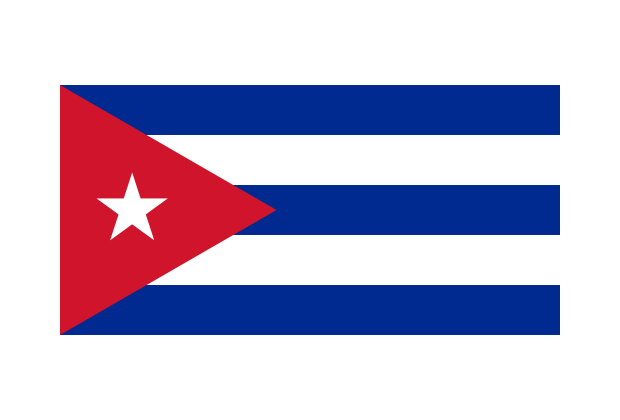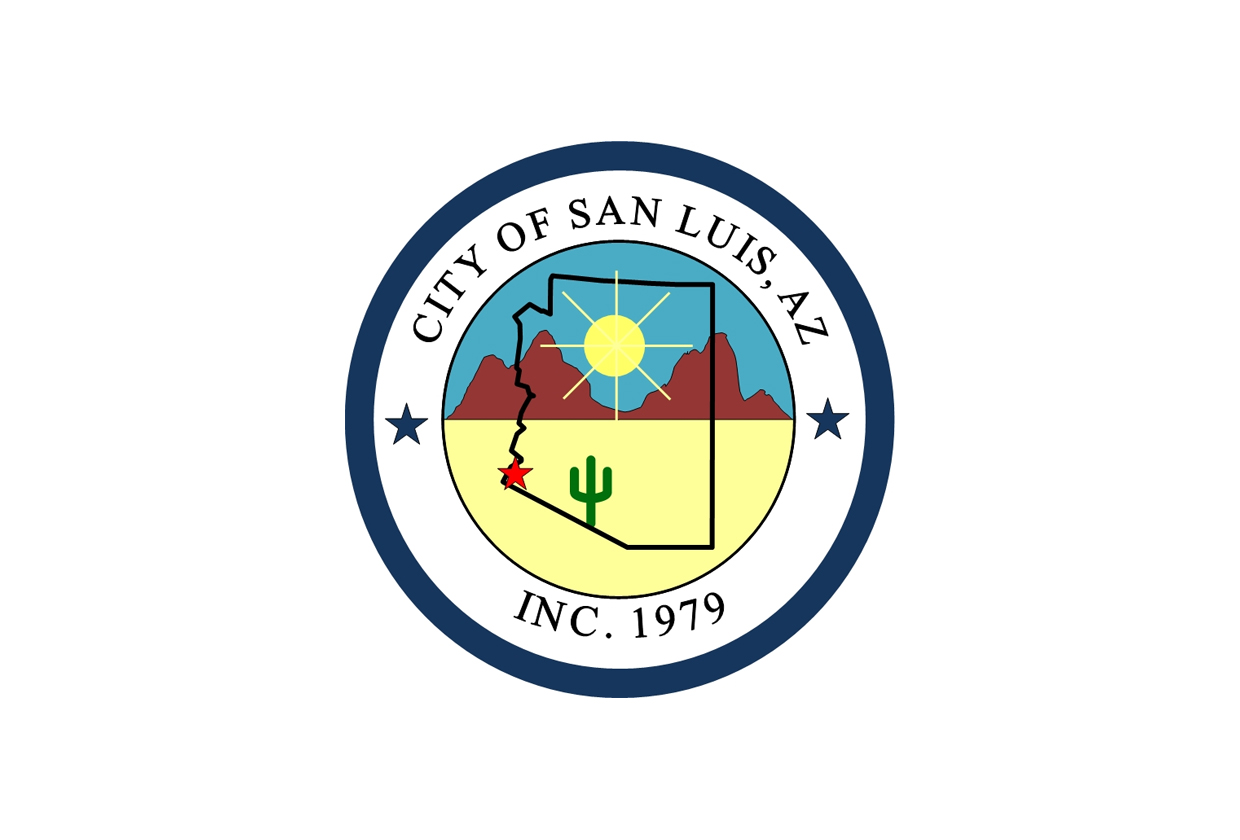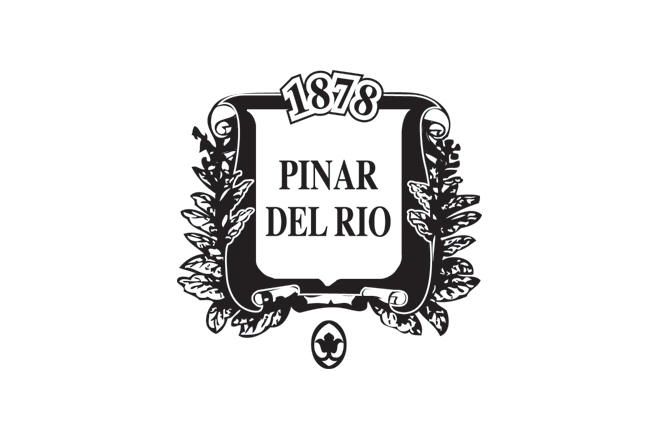Heavy rains late in the harvesting season could mean trouble for Cuba’s tobacco growers, and some researchers are suggesting that shifting climates could provide a significant challenge for the Pinar del Río region to maintain its unique environmental balance that results in its signature tobacco.
Several farmers and workers told IPSNews.net that the increased rainfall could result in plant rot and that the adverse weather has forced them to push back harvesting and resort to picking capadura, a lower quality leaf, in order to maximize production. The article cites local reports of the loss of 813 hectares in Pinar del Río, with damage to another 1,000 hectares of the region’s 15,000 hectares of tobacco producing land, forcing some farmers to uproot their crops and replant as much as three times.
Between the regions of San Juan y Martinez and San Luis, they provide 86 percent of the tobacco used in premium Cuban cigars.
The challenge to produce tobacco crops as in years past could become more of a challenge, as Dayana Hernández and Aliet Achkienazi, researchers at the state Meteorology Institute, are forecasting a warming trend that will increase every decade this century and disrupt the natural balance that has given Cuban tobacco its signature taste. The pair recently published a study on climate change in the region and the impact it will have on tobacco production and cultivation.
Representatives from Habanos SA have not replied to requests for comments on the situation.



